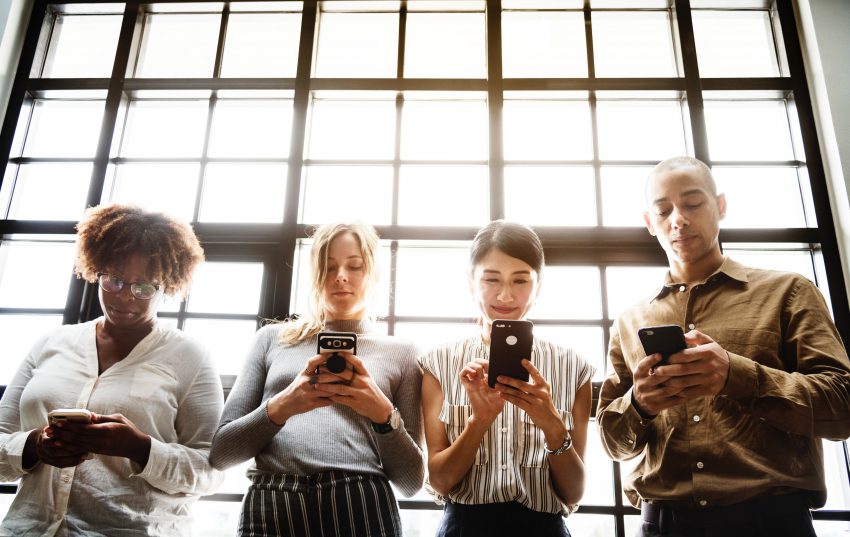Celebrated on 5 February, Safer Internet Day started as an initiative of the EU SafeBorders project in 2004. By now it has become an international event that occurs in 140 countries worldwide, raising awareness to the importance of online safety and tackling such issues as cyberbullying, social networking, and data protection.

In Hungary the International Children’s Safety Service, a non-government welfare organization established in 1990, acts as the coordinator of the Hungarian Safer Internet Consortium that works to turn the public attention to a safer internet use.
In 2019 the Hungarian Safer Internet Centre will celebrate Safer Internet Day by organising a conference attended by students, stakeholders, and professionals on 5 February 2019. For this event several exciting activities are scheduled, including a vlogger competition that aims to encourage students to make their own video about data protection. For more info, visit www.saferinternet.hu.

Last March the sixth Funzine TALKS, titled ‘What does the internet know about you? – Everything that can be used for and against you’, unfolded around the dangers of internet use. The 2-hour long lecture touched on several interesting questions focusing on the right to privacy, data protection, and cyberbullying. Here are three of the most thought-provoking issues that came up during the event:
- It is possible that you’re watched through your laptop’s webcam. According to cyber security expert Csaba Varga, anyone can find access to personal webcams on the web if they know where to search.
- It is also possible that your phone is being tapped. Mobile manufacturing companies can decide if a third party can have access to a customer’s data stored on their phone. It is therefore not a hoax that there are customized ads popping up on our electronic devices that are based on our real-life conversations.
- In China there is no such thing as online privacy. Anything Chinese citizens do on their electronic devices is being monitored by the government. László Kovács professor was talking about a social rating system that is also used in the country: the citizens are getting scores for the sites they visit or the opposite, miss visiting, for the posts they share, and so on, which can even influence a future job application.
To find out more, check out the video recording of this event on Funzine’s Youtube channel.